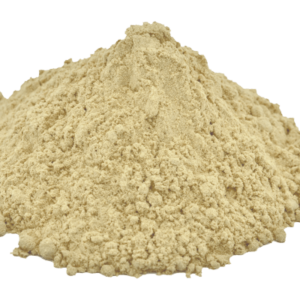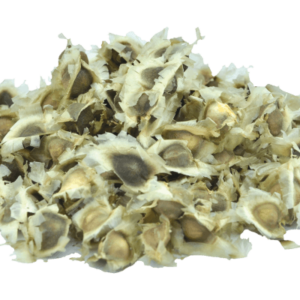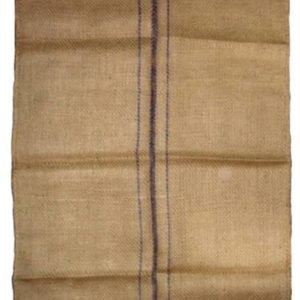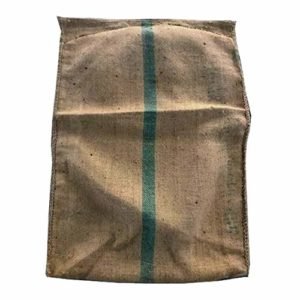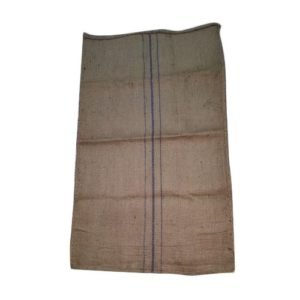COMMON NAME : Holy Basil
OTHER NAME : Tulsi, Tulasi, Rama Tulsi
BOTANICAL NAME : Ocimum sanctum Linn.
PLANT FAMILY : Lamiaceae
PART USED : Dried Leaf .
Details :
Phytoconstituents :
β- sitosterol and three triterppenes (roots); ascorbic acid, carotene, alkaloids, glycosides saponins and tannins (plant); bornyl acetate, cadinene, camphene, camphor, carvacrol, β-caryophyllene, 1:8-cineole, decylaldehyde, eugenol, eugenol methyl ether, humelene, limonene, methylchavicol, nerol,ɑ- and β-pinenes, Ƴ- selinene, terpen-4-ol, ascorbic acid, β- carotene, apigenin and its 7-0- glucuronide, luteolin and its 7-0- glucuronide, molludistin, oreantin, ursolic acid (leaves); sitosterol, palmitic, stearic, oleic, linoleic and linolenic acid (seed oil).
Benefits :
In Ayurvedic practice, common uses of Holy Basil Leaf or commonly known as tulsi include treatments for:
- Asthma, bronchitis, colds, congestion, coughs, flu, sinusitis, sore throat and similar ailments
- High blood pressure and high cholesterol
- Headaches, earaches, and eye disorders
- Skin diseases and insect bites
- Cramping, gastric disorders, indigestion, intestinal parasites, mouth diseases, ulcers, and vomiting
- Diabetes and blood sugar imbalances
- Joint pain and rheumatoid arthritis
- Kidney stones
- Malaria
- Cancer



